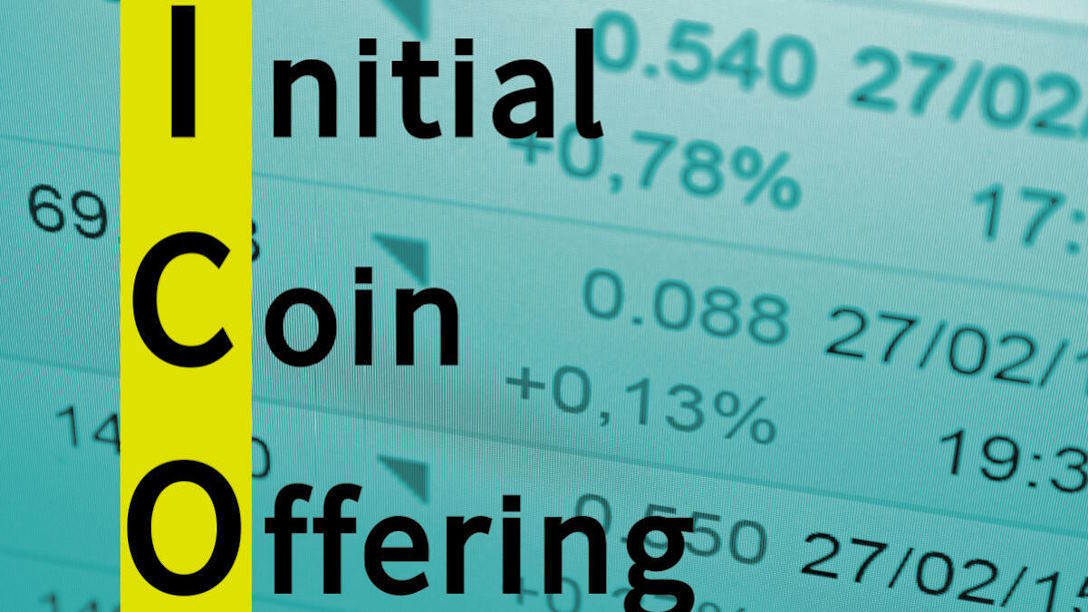The Future of Initial Coin Offerings (ICOs): Trends and Regulatory Landscape
Initial Coin Offerings (ICOs) have emerged as a groundbreaking mechanism for fundraising, revolutionizing the way startups and blockchain projects acquire capital. Over the past few years, ICOs have garnered significant attention and popularity, enabling entrepreneurs to bypass traditional funding avenues and connect directly with a global network of investors. However, as the landscape of ICOs evolves, it becomes crucial to explore their future trajectory and the regulatory environment that will shape their development.
Current Trends in ICOs
Emergence of utility tokens and their use cases:
One significant trend in the world of Initial Coin Offerings (ICOs) is the emergence and widespread use of utility tokens. Utility tokens are digital assets that provide holders with access to a specific product or service within a blockchain network. These tokens have gained popularity due to their versatility and potential for value appreciation. They can be used for various purposes such as accessing platform features, paying for services, or participating in decentralized governance. Utility tokens not only provide a means of fundraising for blockchain projects but also create an ecosystem where token holders actively participate in the growth and success of the project.
Increasing regulatory scrutiny and its impact on ICOs:
As the ICO market continues to expand, regulatory scrutiny has intensified. Governments and regulatory bodies around the world are taking a closer look at ICOs to ensure investor protection and mitigate potential risks. This increased regulatory scrutiny has led to the introduction of guidelines and regulations to govern ICOs, including Know Your Customer (KYC) procedures, anti-money laundering (AML) requirements, and securities regulations. While these regulations bring more legitimacy and trust to the ICO space, they also impose compliance burdens on project teams, which may impact the ease of conducting ICOs and the accessibility of certain investors.
Growing interest from institutional investors:
Another notable trend is the growing interest from institutional investors in ICOs. Initially, ICOs were primarily driven by individual investors and crypto enthusiasts. However, as the market matures and regulatory frameworks are established, institutional investors are recognizing the potential of ICOs as a viable investment avenue. Institutional involvement brings increased capital, expertise, and credibility to ICO projects, thereby boosting confidence in the market. Moreover, institutional participation indicates a broader acceptance and integration of blockchain technology into traditional financial systems, fostering innovation and wider adoption.

The Future of ICOs
Maturing market and improved investor protection:
As Initial Coin Offerings (ICOs) continue to evolve, the market is gradually maturing, leading to improved investor protection measures. Lessons learned from past ICOs have prompted a shift towards greater transparency, accountability, and due diligence. Project teams are now focusing on building robust and viable products before launching their ICOs, reducing the risks associated with investing in early-stage ventures. Additionally, regulatory efforts and industry standards are being developed to safeguard investor interests, including mandatory disclosure requirements, token utility validation, and independent audits. These developments instill confidence in the market, attracting more participants and fostering a sustainable and responsible ICO ecosystem.
Integration of blockchain technology into traditional financial systems:
One of the most exciting prospects for the future of ICOs is the integration of blockchain technology into traditional financial systems. As blockchain continues to gain recognition and acceptance, ICOs have the potential to bridge the gap between traditional fundraising methods and decentralized financing. This integration can streamline processes, enhance transparency, and increase efficiency in areas such as asset tokenization, cross-border transactions, and peer-to-peer lending. By leveraging the inherent advantages of blockchain, ICOs can disrupt and reshape traditional financial systems, enabling faster, more secure, and cost-effective transactions.
Role of government regulations and their impact on ICOs:
Government regulations play a crucial role in shaping the future of ICOs. While regulations have been implemented to protect investors and prevent fraudulent activities, striking the right balance is essential to foster innovation and entrepreneurial freedom. Governments worldwide are working towards creating clear and comprehensive frameworks that define the legal status of ICOs, establish disclosure requirements, and combat money laundering and fraud. Well-designed regulations can provide a stable environment for ICOs to thrive while protecting investors from potential risks.

Future Outlook and Recommendations
Predictions for the future of ICOs and their impact on the financial industry:
The future of Initial Coin Offerings (ICOs) holds immense potential for reshaping the financial industry. As blockchain technology continues to advance and gain mainstream adoption, ICOs are expected to become a prevalent fundraising mechanism. They have the potential to democratize access to capital, enabling a wider range of entrepreneurs and projects to secure funding globally. Moreover, ICOs can revolutionize traditional financial processes by streamlining transactions, reducing costs, and increasing transparency. The decentralized nature of ICOs also presents opportunities for peer-to-peer lending, decentralized exchanges, and innovative financial products. As ICOs evolve, they are likely to disrupt traditional fundraising methods and catalyze a more inclusive and decentralized financial landscape.
Recommendations for regulators, investors, and ICO issuers:
To navigate the evolving ICO landscape successfully, stakeholders must consider the following recommendations:
- Regulators: Regulators should strive for a balanced approach that fosters innovation while ensuring investor protection. Establishing clear and comprehensive guidelines for ICOs can provide legal certainty, promote transparency, and combat fraudulent activities. Collaboration between regulators, industry experts, and blockchain communities is crucial for creating adaptable and forward-thinking regulatory frameworks.
- Investors: Investors should conduct thorough due diligence before participating in ICOs. They should assess the project’s team, whitepaper, market potential, and tokenomics. Additionally, investors should be aware of the risks associated with ICO investments and diversify their portfolios to manage risk effectively.
- ICO issuers: Project teams launching ICOs should prioritize transparency, accountability, and long-term viability. They should focus on building strong communities, delivering on promises, and fostering trust. Conducting independent audits, providing regular updates, and engaging with token holders can contribute to the success and sustainability of ICO projects.
Importance of continuous monitoring and adaptation to evolving market dynamics:
In the dynamic world of ICOs, continuous monitoring and adaptation are vital. Market trends, technological advancements, and regulatory changes require a proactive approach from all stakeholders. Investors should stay updated with the latest developments, assess market dynamics, and adapt their investment strategies accordingly. Project teams should monitor market trends, adopt emerging technologies, and adjust their strategies to meet investor expectations and regulatory requirements. Regulators should maintain open lines of communication with industry participants and remain agile to address emerging challenges effectively. By embracing a forward-thinking mindset and adapting to the evolving landscape, stakeholders can maximize the benefits and navigate the complexities of the ICO market successfully.


